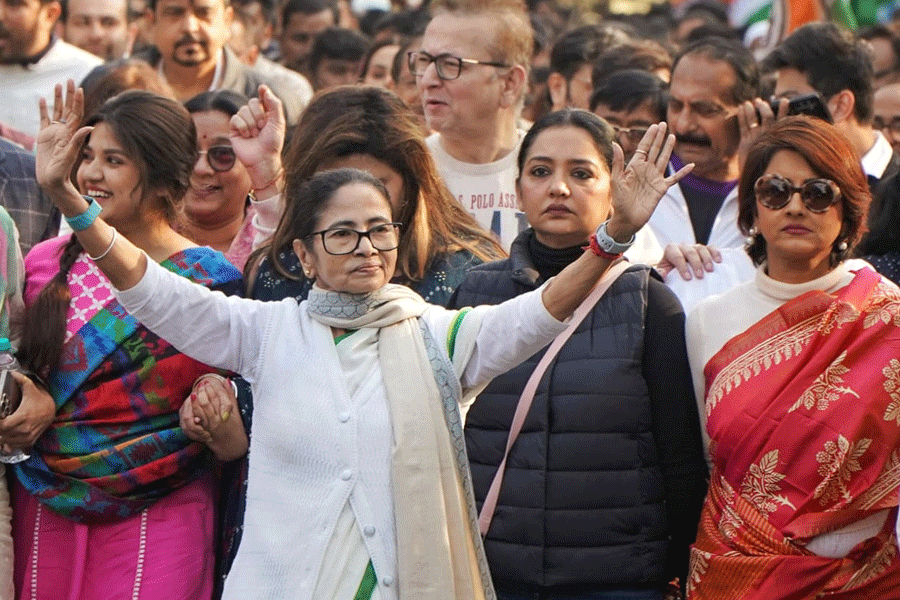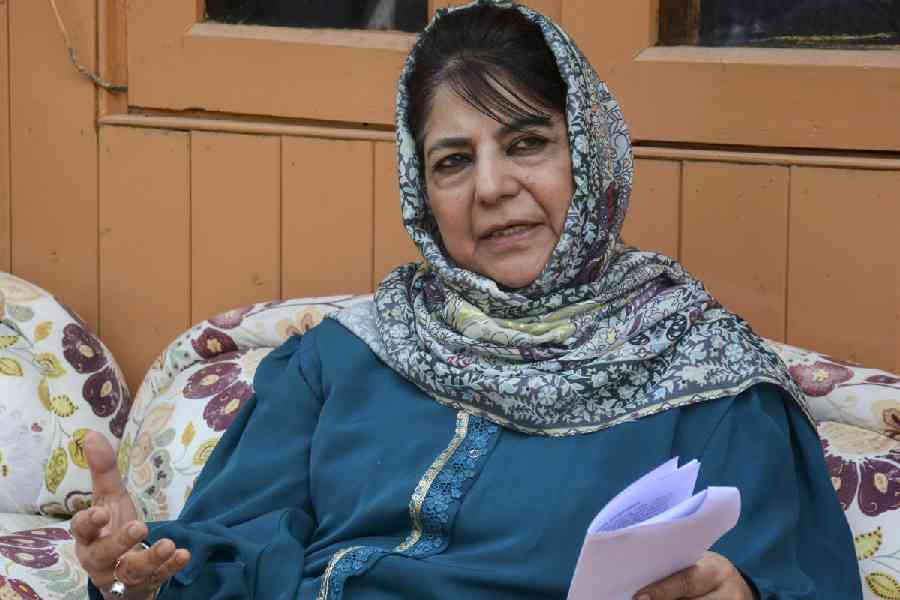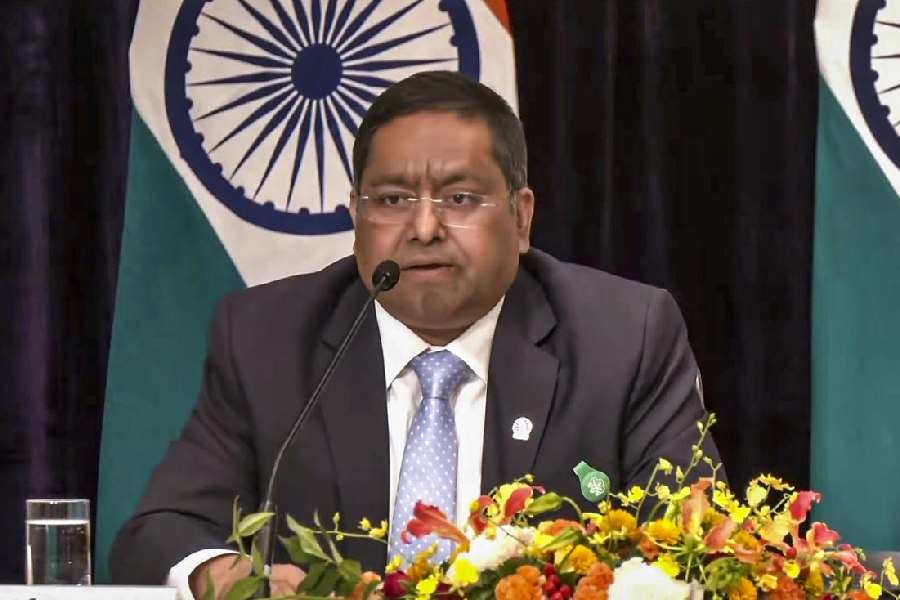Berhampur/Bhubaneswar, Aug. 27: The failing health of the 74-year-old former king of Parlakhemundi, Gopinath Gajapati, a former MP who was rushed to a Chennai hospital under controversial circumstances, has triggered speculation about his successor.
The erstwhile ruler, who traces his descent to the famous Gajapati dynasty founded by the mighty Kapilendra Deva in 1434, might find himself in a quandary over the succession issue as the only surviving member of his immediate family is his Chennai-based daughter Kalyani Devi, who has chosen to remain single at the age of 42.
Kalyani has been living in Chennai ever since the death of her mother and princess of Dharampur Purna Devi 10 years ago. The family had suffered another tragedy when the Gajapati's son Digvijay committed suicide last year. Of his two brothers, only one - Jagannath Narayana Dev - with whom he is locked in a property dispute, is surviving. Jagannath has a son called Rudrapratap.
The royal tradition seems to be heavily biased against women as far as succession is concerned. Royal priest Mrutyunjaya Padhi told The Telegraph that according to the custom, the surviving brother of the "king" and or his nephew could be anointed the next "Maharaja" when the issue of succession comes up.
Dibakar Patnaik of Paralakhemundi, a keen observer of the family's history, said there was not a single example of a woman having become a ruler in the Gajapati dynasty.
The adoption option has been exercised by royal families several times in the past, one of the most famous examples in Odisha being that of Rajendra Narayan Singh Deo, the only royal to have become the chief minister of the state (March 8, 1967 to January 9, 1971). Born in the Saraikela royal family, he was adopted by the then ruler of Patna (Balangir royal family), Maharaja Prithviraj Singh Deo, who had no issue of his own, in the 1920s.
For lawyer Pitambar Acharya, the so-called royal tradition is a shibboleth that is progressively losing its relevance in modern times. "Where is the question of royalty after the abolition of Privy Purse? The Hindu Succession Act takes care of matters relating to succession as far as Hindu families, royal or otherwise, is concerned," said Acharya.
Women's rights activist Tapasi Praharaj, said denying succession rights to women was a reflection of the prejudice against them in a male-dominated society.










